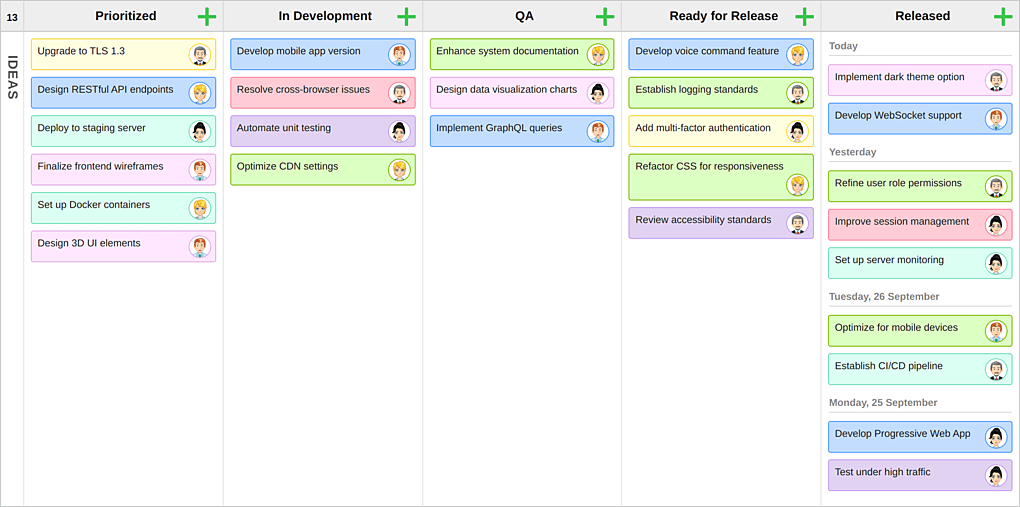

Criterion C: Taking Action
Tips & Hints

Your product must be created in response to the goal , global context and design specification
Making Thinking Visible!


Using 6Ws to think!

Combine knowledge, understanding and skills to create products or solutions!
Examples
- Electrical engineering students read about circuitry and electricity in an introductory course. The instructor brings market products into class for students to apply their knowledge dissecting and rebuilding.
- In class, students in public health learn about tracking the spread of influenza in an urban American community. Over spring break the class takes an international trip, and does field work charting the spread of a different virus through a rural community, applying related concepts from their class work.
- A creative writing student takes a course on Shakespearean drama. Over the course of the semester she continues to write her own play, drawing from techniques and structures throughout her coursework.
- An economics student writes several papers on Game Theory throughout her undergraduate degree. She accepts a management position in an organization that assists a variety of nonprofit efforts. Although she does not apply Game Theory per se, she applies her knowledge of economic cooperation to insure smooth operations.
